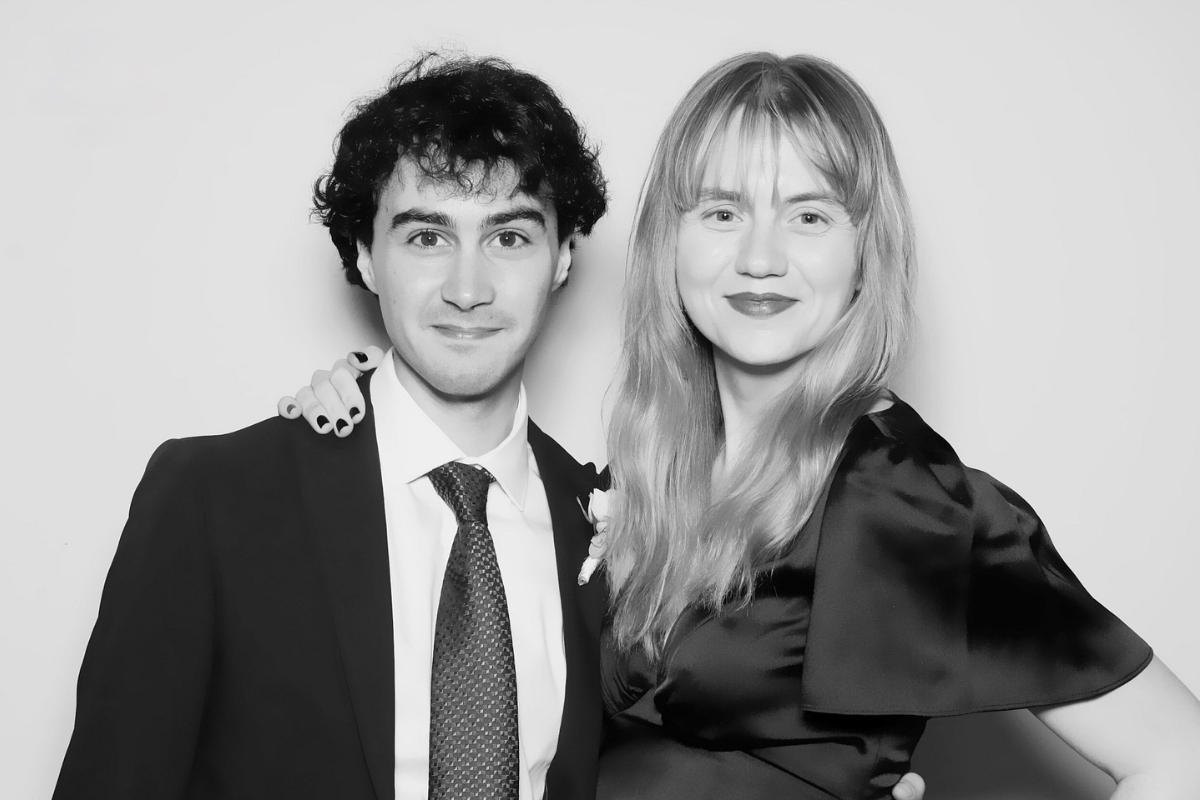TRUE INDIE: 5 Ways to Save Money on Your No-Budget Indie Film Production
Shooting a no-budget indie film this summer? Here are five tips to help you save money on your no-budget indie film production.
Shooting a no-budget indie film this summer? Then you have a lot of prep to do! And when money is tight, it can be tricky to make finances work to create the story you want to tell. Sure, you’re already a clever writer/producer/director, but your budget is where your creativity can kick into high gear.
To get your creativity flowing, here are five tips to help you save money on your no-budget indie film production:
1. Inventory what you already have access to for free.
Before you even write your script, you can shave thousands off of your eventual production budget by gearing your story to the locations, props, set pieces, and costume pieces you already have access to for free. (Don’t worry—if you’ve already written or have acquired someone else’s script, you can still do this process.)
You may be surprised that you have more access than you think you do. Maybe you work in a restaurant. Will your boss let you film there after hours? Maybe your aunt is a doctor. Would she let you film in her medical office over the weekend? Maybe someone in your family rents a storage unit packed with furniture and clothes that never get used. Could it be put to use for your film?
That old prom dress? The uniform from your first job? That ill-advised Halloween costume you wore your sophomore year of high school?
Nothing is off limits!
Write out a list and break it up into categories: locations, props, set pieces (furniture, artwork, etc.), and costume pieces.
Start with what you know you own. Everything in your closet, kitchen, bathroom, bedroom, and garage can be a useable prop, set piece, or costume piece. Even your own car or bike!
Then expand into what you could ask for from family and friends—within reason, of course. It’s doubtful your rich cousin is going to want to lend you a Maserati for your no-budget shoot.
If you need something you don’t have, ask around on local Buy Nothing or Community Gifting groups on social media. You’d be surprised how many people have things lying around that they never use, and would be happy to gift them to you.
2. Swap pricey locations out for more accessible ones.
As long as it doesn’t fundamentally affect your story, could that fancy restaurant proposal scene work just as well as a romantic picnic in a park? Could that scene with kids having a meltdown at an amusement park happen at a local playground and still pack the same punch?
It’s ultimately up to you, but at the no-budget level, every dollar needs to be spent wisely—especially if those dollars are coming out of your own pocket, or the pocket of someone who needs to be paid back.
That’s not to say that you don’t want to have good production value. But if you can save those more expensive/extensive locations for the most pivotal parts of your film and swap out others, it can benefit you in the long run budget-wise.
3. Limit your locations, company moves, and speaking roles.
On the subject of locations, tightening your script and eliminating unnecessary scenes, locations, and company moves can help cut your spending. Moving the entire company (aka your cast, crew, equipment, and vehicles) from location to location is expensive and time-consuming, so it’s best to limit those as best you can.
As far as speaking roles in your film, when you’re on a tight budget, it’s best not to have fifty roles to cast in your film. How can you streamline the story to focus on around 2-4 characters? And have those characters in around 1-4 locations?
4. Shoot Over Weekends to Save on Rental Fees.
Many film equipment rental houses have a policy where you can rent equipment over the entire weekend for the price of just one weekday. This means you get three days—Friday, Saturday, and Sunday—returning the equipment on Monday morning—for the price of one! Definitely take advantage of these savings if you can.
5. Get insured!
This may seem counter-productive—why would you shell out money for insurance on a no-budget shoot when you have no money to begin with, and probably won’t even use the policy?
Well, the key word there is probably.
While it’s probable that you won’t need your insurance at all, it’s also probable that something will go wrong on set, requiring a significant payout. All it takes is one slip and fall, one truck backing into a building, or one heavy light falling on someone’s foot to ruin your entire financial life. It’ll be pretty hard to finish your film and build your career if you’re on the receiving end of a lawsuit and your wages are garnished.
And when you don’t have insurance, Murphy likes to camp out right on your doorstep.
In many jurisdictions, you, as a no-budget indie writer/producer, are considered an “employer,” no matter how low your budget is. It doesn’t matter if your production is union or non-union, or if you’re sewing your own costumes, or if your mom is supplying catering out of her kitchen. You are still an employer and can still be held liable if something goes awry.
There are film and TV insurance brokers like Film Emporium that cater to micro-budget productions and can cover your set at a very reasonable price. Many states offer affordable worker’s compensation insurance, as well.
I’ve done some of the legwork for you as far as coverages you’ll need to cover your ass-ets HERE.
Wishing you the best with your no-budget film!
Rebecca Norris Resnick is a screenwriter, filmmaker, instructor for Writer’s Digest University, and columnist for Script Magazine. Distributed features include Cloudy With a Chance of Sunshine (Indie Rights and House Lights Media) and short films On Becoming a Man (Shorts International) and Toasted, which won the Canadian Film Centre’s ShortsNonStop competition. Rebecca’s films have screened in festivals worldwide including Cannes, Dances With Films, Hollyshorts, Manhattan Film Festival, Breckenridge Film Festival, and the Julien Dubuque Film Festival, and have won and been nominated for numerous awards. Rebecca is also an alumna of the ABC/Disney Television Discovers program, where her script Misfortune Cookies was performed in both New York and Los Angeles. When not working on her newest project, Rebecca stays on her toes chasing both her adorable daughter and her tuxedo cat, Sox.
Learn more about Rebecca at rebeccanorrisresnick.com.







